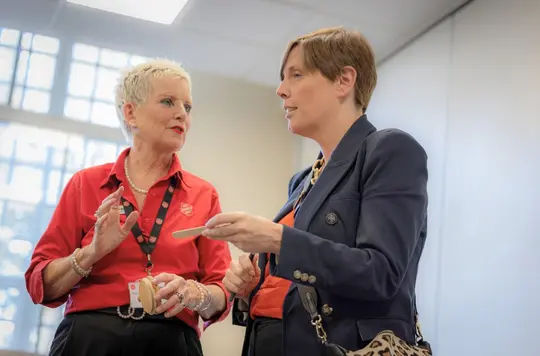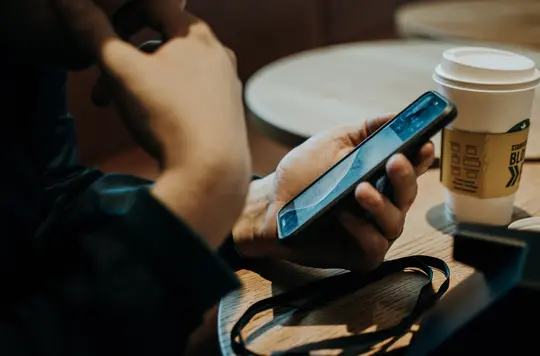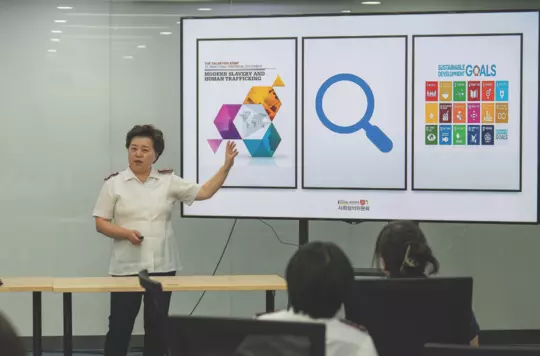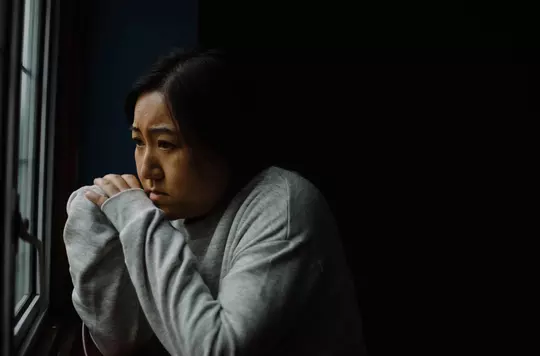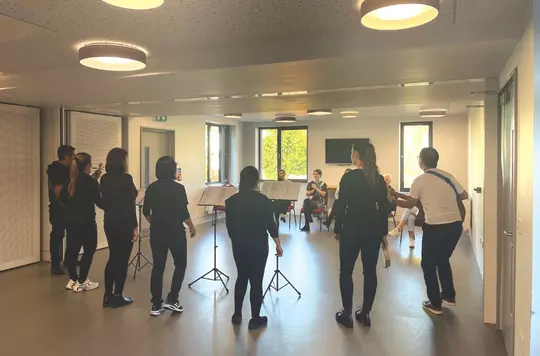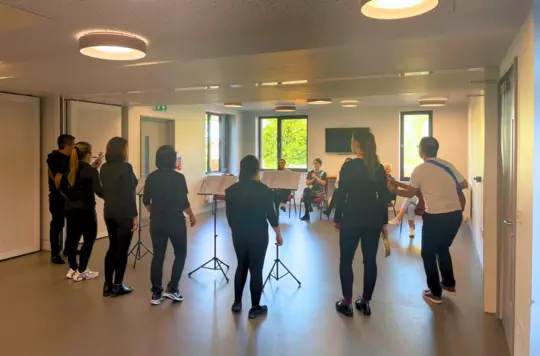13 October 2025
Modern slavery: What does a volunteer first responder do?
George Tanton
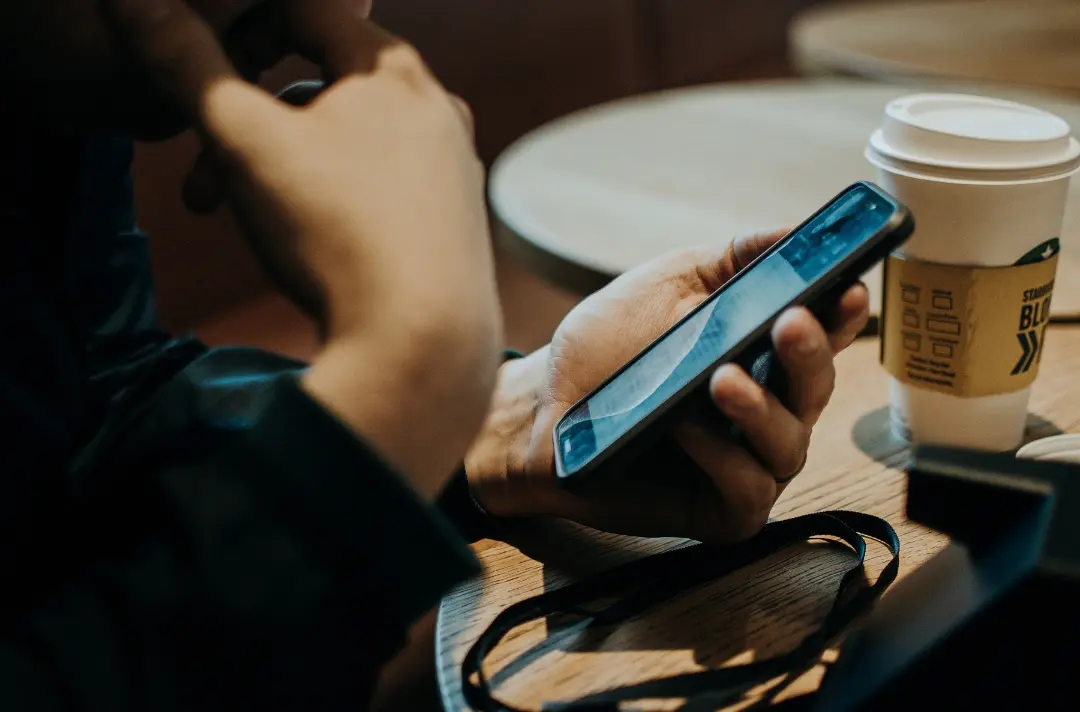
Norree Webb talks to George Tanton about the volunteer first responders interviewing modern slavery survivors.
First responder volunteers are crucial to how The Salvation Army across the territory supports potential victims of human trafficking and modern slavery. By interviewing survivors under the National Referral Mechanism framework, these volunteers gather as much factual information as possible so that the Home Office can make a decision on an individual’s case.
The interview, conducted either over the phone, via video link or in person, is typically the first step in ensuring a survivor’s recovery. There are about 100 first responder volunteers working for the Anti-Trafficking and Modern Slavery Department (ATMS) across England and Wales, all of whom come from a wide range of backgrounds and experience.
‘We have quite a number of volunteers who are retired,’ explains Norree Webb, ATMS’s first responder coordinator. ‘We’ve had social workers, teachers, people working in administration or for other charities. We had one volunteer who had just sold his business and felt that he needed to help others.’
Norree explains that first responder volunteers do not necessarily have to be Salvationists, or even Christians. Instead, she emphasises that volunteers need to have a sense of duty to serve others, must have an open mind and be non-judgemental.
‘We need people with good listening skills and a high level of literacy. If a volunteer speaks a second language, we are cheering when they apply!’
The training involved is very thorough. An applicant must also maintain a working knowledge of current government legislation surrounding the prevention of trafficking and modern slavery. Once they have passed the initial training, a volunteer’s initial interviews with potential survivors are stringently reviewed by First Responder Coordinators Norree, Georgia and Paulos.
‘We make sure they have covered everything and that all the relevant questions have been asked,’ she asserts. ‘They cannot submit their first one or two reports until we have checked that the account they have written can be understood by the decision-makers at the Home Office with ease. We may advise them to go back and ask questions again before we submit it.’
‘It is really important they gather as much detail as possible from the survivor to pass on anything that will give the authorities the opportunity to try and locate these perpetrators,’ Norree continues. ‘For instance, who trafficked them? What was their name? What did they look like? What nationality were they? Roughly what age do they think they were? What language did they speak? Did they notice any tattoos or markings on them? It is important the survivor knows that the reason we want this information is to try and catch the perpetrators so it doesn’t happen to anybody else.’
Norree champions the professional integrity of the volunteers, who need tact and empathy: ‘They judge how their interviews are going, whether the survivor needs a break, or whether they need to stop and pick the interview up the next day.’
Many victims of human trafficking come from unstable countries, such as Eritrea or Somalia, where militias have control. Consequently, there is a deep-rooted fear of the authorities that the traffickers can manipulate: ‘The biggest thing that prevents survivors speaking to us is fear of repercussions. They might come from a country where the police are very corrupt. The traffickers lie and tell them: “Don’t bother going to the police in the UK because they’ll beat you or rape you. They’ll get you deported.”’
Breaking down these lies and removing the barrier of fear allows the survivor to freely testify about their experiences.
‘It takes a lot of skill to help survivors understand that they are safe and that we’re here to help them,’ considers Norree. Certainly, the listening ears of the first responder volunteers provide survivors with an escape route out of the darkness of trafficking, and an eventual path to freedom.
Written by
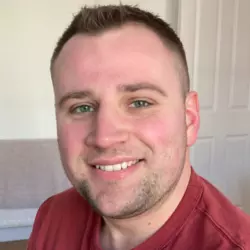
George Tanton
Editorial Assistant


